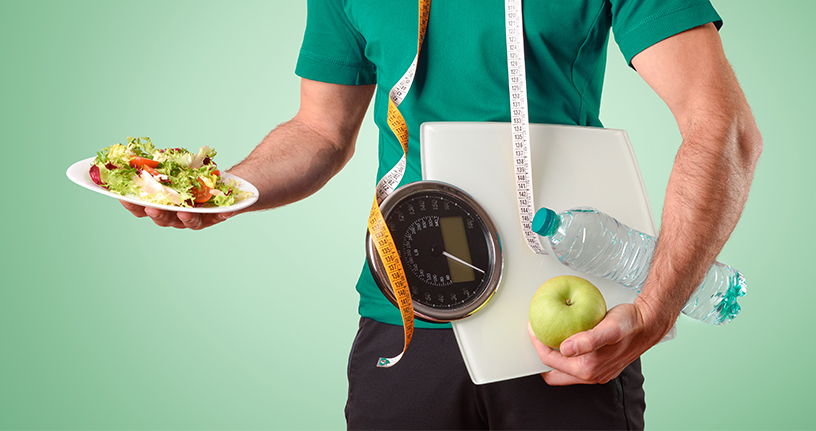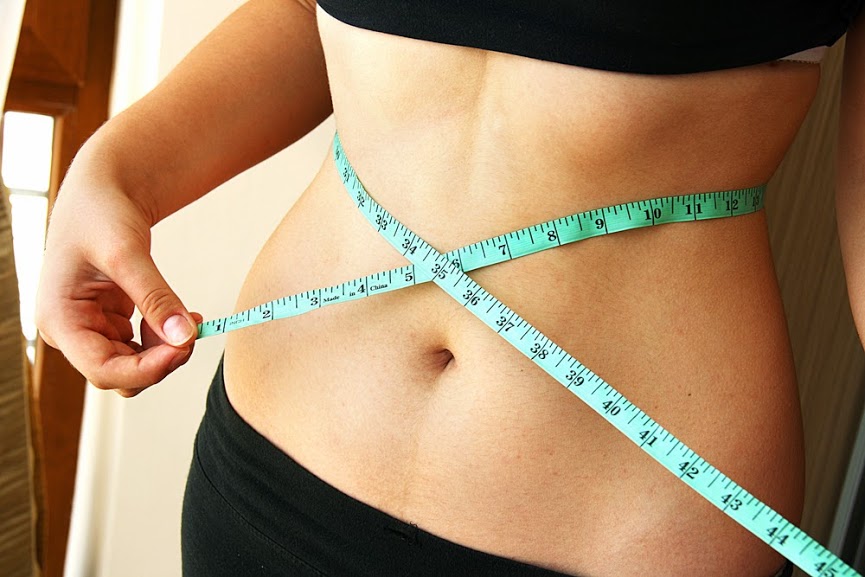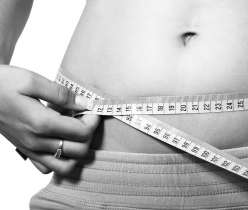Sticking to a diet plan is key to successful weight loss. However, one challenge we struggle with is thinking we must cut down on the amount of food we eat. This can leave us food-deprived, and ultimately, we give up. This guide looks at ways to eat enough, satisfy your appetite, and still lose weight. Also, discover effective weight loss supplements or fat-burning tablets.
The best way to lose weight: tips and tricks
Weight loss will occur when you eat fewer calories than you burn. Adding regular physical activity to your routine while limiting your calorie intake will increase your chance of losing weight. Increasing physical activity will also help you to maintain weight after weight loss. Discuss appropriate calorie levels and serving sizes with your nutritionist for successful weight loss.
-
- Create a written food and physical activity journal. Stick to your diet plan for weight loss.
- Measure your weight every week with the same amount of clothing.
- Do not skip your breakfast or any other meal. Skipping meals will ultimately make you overeat and make you choose unhealthy food.
- Plan your daily meals and try to eat around the same time each day.
- Ensure you turn off the television or computer while snacking or having meals.
- Eat slowly; take half an hour to complete your meals. Usually, an individual feels full in twenty minutes, so wait twenty minutes after your first serving and before taking a second serving.
- Add protein-rich foods to your diet to help you feel full sooner.
- Lessen the amount of fat and sugar in your diet. Eat more fiber, including vegetables, fresh fruits, and whole grains.
- Limit fried and fast foods.
- Avoid keeping problems food near you. A problem food is a food you eat too often if it is easily and readily available.
- Stay hydrated. Drink up to eight glasses of water daily. Avoid caffeine or beverages with high-calorie content.
- Get an adequate amount of sleep each night.
Do diet supplements work for weight loss?
Some people consider dietary supplements to speed up their weight loss. These supplements are made in a way that they give people extra nutrients and assistance in accomplishing weight management goals. The supplements can offer support in weight loss when used under the supervision of a health care professional. However, it is important to approach their use cautiously to avoid potential side effects. Consulting a healthcare provider or nutritionist is recommended.
Obelit capsules for weight loss
Obelit capsules are available to treat obesity and help in weight loss. Order Obelit 60 mg to reduce the absorption of fat from the food you eat. Buy Obelit 120 mg online to aid weight loss in obese individuals when it is prescribed.
How to achieve a calorie deficit for effective weight loss
It is important to understand energy density to achieve a calorie deficit for effective weight loss. Energy density is the amount of energy per gram of food. Food with lower energy density provides less energy per gram so that you can eat large portions for fewer calories. A large amount of food will help you feel full and satisfy your appetite as you try to lose weight. You can cut the energy density of your diet by decreasing fat and increasing high-fiber and water-rich foods, such as pulses or vegetables, in your meals. This is because fat carries a high-calorie content per gram, whereas fiber tends to be low in energy. Water-rich foods can add volume to a meal, which helps you to feel fuller without adding extra calories. Most energy-dense foods carry high sugar content, so you can also cut energy density by restricting the added sugar content in your diet.
Understanding energy density will help you lose extra pounds without feeling deprived of food and help you manage healthy weight in the long term.
-
- Good choices on a low-energy-dense diet
- Foods with high water content
- Foods containing fiber
- High protein food
- Foods that are lower in fat
Foods lower in energy density
It is important to eat a well-balanced diet. A healthy diet contains a wide range of lower energy-density foods. Choose these foods more often to help you feel full and satisfied.
-
- Pulses (peas, lentils, and beans): Chickpeas, red kidney beans, baked beans, butter beans, and lentils. These are protein-rich foods, provide fiber, and are low in fat. Pulses also carry a high amount of vitamins and minerals.
- Fruits and vegetables: Fruits and vegetables high in water, including oranges, raspberries, apples, carrots, broccoli, cucumber, and tomatoes, also provide fiber. These are considered good sources of vitamins and minerals.
- Potatoes and cereal-based food that absorb water while cooking: Choose wholegrain versions of cereal-based foods such as pasta, rice, and noodles.
- Low-fat and fat-free dairy products: semi-skimmed milk, low-fat or fat-free lower sugar or plain yogurt, reduced fast soft cheese, cottage cheese. Switching to lower-fat dairy products instead of full-fat dairy products can help lower your saturated fat intake.
- Vegetable-based dishes: Noncreamy soups, vegetable-based stews, and sauces.
- Low-fat non-veg – Poultry, lean meat, eggs, fish, and shellfish.
Food with high energy density
Higher-density foods usually contain high amounts of fat or sugar with little water and fiber, offering more calories per diet. If you consume these foods, try to consume less and in small amounts:
-
- Fried foods
- Snacks
- Pastries, cakes, pies, and desserts
- Fatty meals
- Higher-fat dairy products and butter
Healthy food choices with higher energy density
While adding lower-energy food choices can benefit weight loss, some higher-energy foods are useful for a balanced diet.
-
- Unsalted nuts, nut butter, and seeds
- Unsaturated oils (olive and rapeseed) and salads and unsaturated spread for bread
- Avocados
Verdict!
A healthy diet and weight loss go hand in hand, supporting overall health. Studies found that a low-fat diet consistently demonstrated significant weight loss.




